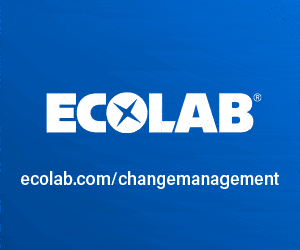Food testing laboratories serve as a critical line of defence between consumers and foodborne pathogens. A clear connection exists between quality testing and safety: the more robust the capabilities of food testing laboratories, the safer consumers can be.
To that end, the International Organization for Standardization (ISO) introduces standards that aim to ensure that these laboratories and the materials used are of the right quality. In terms of materials, this includes culture media for dilution, enrichment, enumeration, isolation and confirmation of micro-organisms.
EN ISO 11133 Microbiology of food, animal feed and water – preparation, production, storage and performance testing of culture media was developed with awareness of the global impact of ISO standards on consumer safety.
EN ISO’s publication of the update in 2014 substantially revised existing standards, replacing the technical specifications EN ISO 11133-1 and -2, and superseding ISO 9998:1991, and clarified previously discussed technical procedures.




